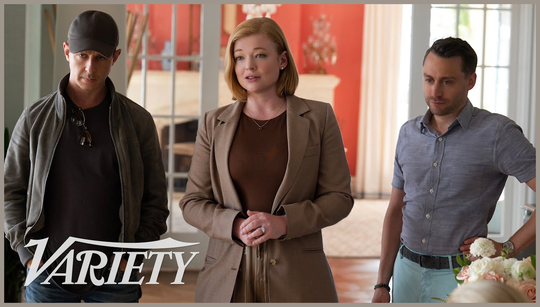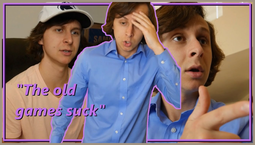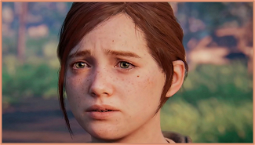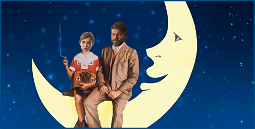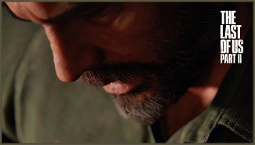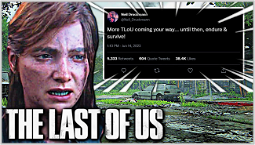The Last of Us
The Last of Us got a lot of attention for its 24 Emmy nominations, sparking a divisive reaction. While I loved the show, I found myself in the camp of those who felt that the nominations reflected a cycle of homogeneity rather than achievements of innovation. The familiarity with the video game masterpiece makes it difficult to see the same storytelling principles hailed as a newfound triumph on television.
There’s no denying The Last of Us resonated with a global audience. The show’s portrayals of an apocalyptic world, and the familial relationship between Joel and Ellie, struck several chords with a broad audience. But what made the game special wasn’t just the characters’ flaws and the brutal decisions they make in the name of survival. It was that the gameplay itself was a daring change in the medium, and the story was told in a unique way.
Of course, television has always imitated film, so it makes sense that television would now adopt their storytelling and characters. But with The Last of Us, I don’t feel like the show embraces the quirks of being a video game adaptation, which would have made it stand out, and instead just sort of accepts them and doesn’t reshape them into something different.
I worry that this approach will lead to the show becoming a facsimile of the video game rather than a compelling adaptation. There are also concerns about how the show will interpret future characters, and whether it will be willing to change the established narrative. The fear is that, rather than adding layers to characters and creating new stories, the show will simply rehash moments from the game.
Emmy nominations are, by definition, political. While recognizing the show’s technical prowess is important, the nominations reflect a cycle of homogeneity rather than achievements of innovation. In a report about the Emmy nominations, HuffPost notes that “The Last of Us is the only nominee for outstanding drama series that doesn’t feature a showrunner or creator of color,” and that “many in the TV community are wondering whether the Emmys’ voters are still stuck in the past.”
I don’t know how to solve this problem, but it’s certainly one worth paying attention to as we look toward the future.
